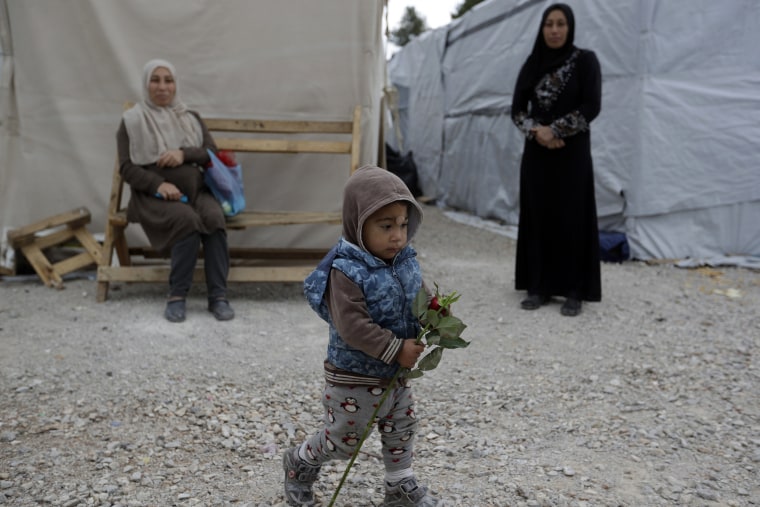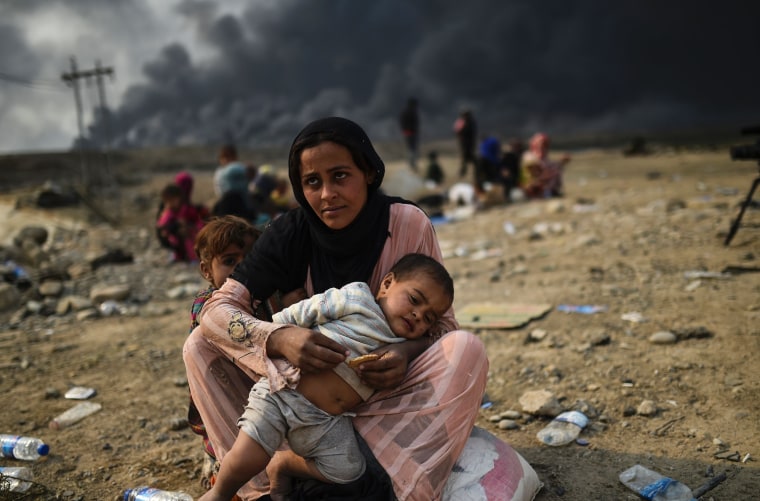Groups working to improve the health of women around the world are nervous that the Trump presidency could mean an unraveling of what they consider to be eight years of progress in helping women get birth control, healthier babies and safer births.
And they are not sure what they can do about it.

“This incoming president has made clear that he does not respect women,” Beth Schlachter, executive director of Family Planning 2020 (FP2020), told reporters.
FP2020 is an international organization devoted to helping women control when and how they have children. The group just released a report November 1 celebrating a new milestone: 300 million women in the 69 poorest countries are now using contraception.
“For example, in Eastern and Southern Africa, for the first time ever more than 30 percent of women and girls are now using a modern method of contraception,” the group said in a statement.
Related: Groups Struggle With Anti-Trafficking Pledge
The No. 1 source of funding for all this birth control? The United States.
“The U.S. has started doing much more in the past eight years, so now there is more to lose,” Schlachter said.
The Guttmacher Institute, which studies reproductive health issues, says the U.S. spent $607 million last year on family planning assistance in other countries.
“The U.S. has started doing much more in the past eight years, so now there is more to lose."
This cash helped prevent 6 million pregnancies and averted 2.3 million abortions, Guttmacher said.
It says for every $10 million cut from this aid, 40,000 fewer women and couples would get birth control help, 44,000 more unplanned-for babies would be born and 38,000 more abortions would occur.
One key agency helping distribute this money is the United Nations Population Fund (UNFPA), which is a target of conservative and anti-abortion rights advocates. The administration of Republican president George W. Bush routinely withheld money from the UNFPA but President Barack Obama restored the funding.
“We are at the mercy of U.S. political and funding decisions,” said Sarah Craven of the UNFPA.
It’s not clear how Trump stands on the matter but he campaigned on a conservative platform, said he supports limits on abortion and has appointed conservatives to his cabinet. Vice-president-elect Mike Pence is a staunch enemy of abortion rights and funding.
“If U.S. government funding diminishes or goes away for UNFPA, then it is absolutely the most vulnerable women and girls among us who are made more vulnerable by that lack of funding,” Schlachter said.
Another worry is that Trump will reinstate the Mexico City or Global Gag rule, which forbids federal funding of any groups that provide abortion or even talk about them. Even groups that have firewalled their operations, making sure any discussion of abortion is done under separate auspices, found they lost funding when the policy was in action under Bush.
Obama reversed the policy but women’s groups fear Trump would reinstate it.
So now organizations are working out how to appeal to a Trump Administration to continue the funding.
One argument is health.
“When girls delay pregnancies they can stay in school, and when they stay in school they are able to be productive members of the work force,” argued Pauline Muchina of the United Methodist Church.
“When they finally decide to have children they will have healthy babies and they will stay healthy and strong to take care of these children.”
“If you are not first and foremost concerned with protecting the human rights of women, how do you make an argument that appeals?”
Suzanne Ehlers, president and CEO of Population Action International (PAI), can think of other arguments, too.
“If you are not first and foremost concerned with protecting the human rights of women, how do you make an argument that appeals?” she asked.
“If that is not your true north, then I think the economic growth and productivity argument is one you can make,” Ehlers added.
Related: Pregnant Refugees Face Uncertain Future
“Why should he care? Number one, in terms of proven interventions that literally can directly link to increased growth and productivity is access to contraception,” Ehlers told reporters.
“There is no other intervention that is so low-hanging if you are looking to build markets around the world. If that doesn’t appeal to Mr. Markets, Mr. CEO, I don’t know what would.”
“There is no other intervention that is so low-hanging if you are looking to build markets around the world. If that doesn’t appeal to Mr. Markets, Mr. CEO, I don’t know what would.”
Schlachter agreed. “If you are looking to expand U.S. markets, then you need a market to expand to,” she said, citing studies that show the economies of countries improve as women have smaller families and delay having those families until after they are educated.
Then there’s the argument about extremism. Stable, wealthy countries are less vulnerable to extremist movements, Schlachter and other experts argue.
“We care about the stability of other countries,” she said.
Related: Syria's Suffering Families
And good PR can help fight extremism, Craven argues.
United Nations and U.S. government aid to refugees in Iraq and neighboring countries has been priceless, she said. “We established 19 centers in refugee and displaced persons camps. The U.S. has been an incredible leader in this space,” Craven said.
There are babies being born to families handed supplies with a U.S. flag on them, Craven said. “They see that the U.S. supported that effort and I think that is very powerful,” she said. “They are seeing that symbol at their moment of greatest joy – a baby being born. People are very appreciative of that support.”

